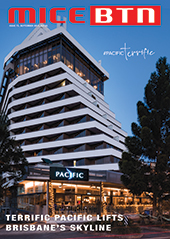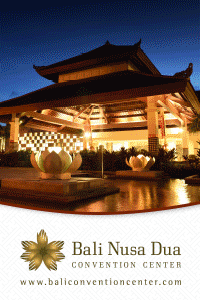Pay rises few and far between in 2009
- MICE News
- Tuesday, 02 March 2010
One of the key findings of the report was that fewer than 50 per cent of the 600 respondents taking part in the exercise had seen an increase in salary over the past 12 months.
“Fewer than nine per cent of respondents earning a pay rise received anything greater than six per cent,” said TMS chief executive Andrew Chan. “And only 37.3 per cent actually received a bonus last year.”
Chan said it was also interesting to note that while in 2008 more than 60 per cent of respondents had listed career progression as ‘very important’, that figure had now dropped back to just 27 per cent.
Salary, he said, had increased in its importance with respondents aged 29-35 and 34-45 (90 per cent and 86 per cent, respectively), who said that salary was ‘important’ or ‘very important’.
These figures can be compared to the 2008 figures which showed 71 per cent and 67 per cent for the respective demographs.
This he said could be explained by the fact that in tough financial times, people in the main tended to become more focused on ensuring employment and earning enough to make ends meet rather than worrying about career progression.
The turbulent 2009 has also had an effect on the Gen Y factor, one of the report’s more noticeable findings showing that fewer of the ‘Now Generation’ considered salary to be as important as in previous surveys.
“But the hunger is still there – more than 70 per cent of the Gen Yers responding still list career advancement as ‘important’ or ‘very important’.
“That result points to the fact that the younger generation these days is happy to accept a lower salary in order to get that first foot on the ladder,” he said.
The TMS report shows that average salaries in 2009 ranged from A$220,000 for a chief executive to A$31,465 for a junior travel consultant.
Of the 57 different positions studied, 28 achieved an average salary greater than A$50,000.
Three positions – chief executive, general manager and Human Resources manager – commanded an average salary in excess of A$100,000.
The highest individual salary was A$420,000 earned by a company chief executive while the lowest was A$10,000 for a junior travel consultant.
The lowest average salary for a management role was A$43,000 for a front office manager.
The report can be viewed online at www.tmsap.com.










